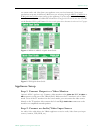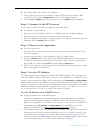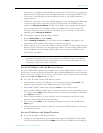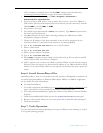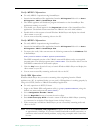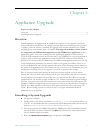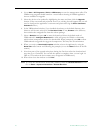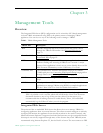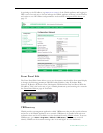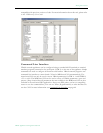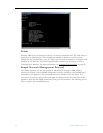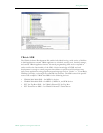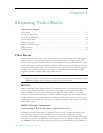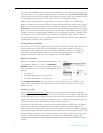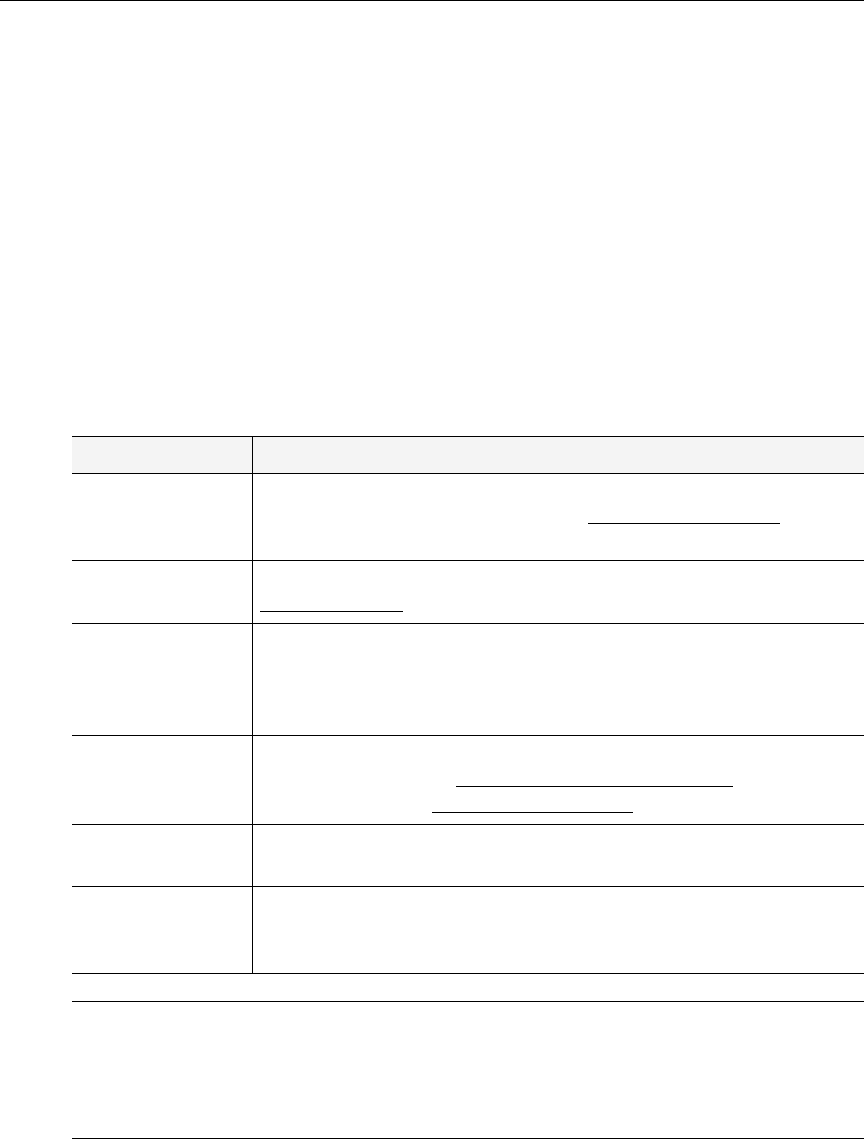
VBrick Appliance Getting Started Guide 11
Chapter 3
Management Tools
Overview
The Integrated Web Server (IWS) configuration tool is an intuitive GUI based management
tool and VBrick recommends using IWS as the primary means of managing VBrick
appliances. You can also use any of the following tools to manage a VBrick:
Table 1. VBrick Management Tools
Integrated Web Server
The main card has an embedded Web Server that allows the user to manage VBricks by
configuring appliances from an external browser. This allows network managers to remotely
configure and monitor the appliances from virtually anywhere in the world. Currently, only
Microsoft Internet Explorer is supported and other browsers may not give acceptable results.
Netscape is not actively supported though many of the features may work. VBrick Systems
recommends using Internet Explorer 5.5, Service Pack 2 or better. The user connects to IWS
VBrick Tool Description
IWS The IWS Integrated Web Server allows quick and secure control
through the VBrick's IP interface. See Integrated Web Server
on
page 33.
Front Panel Edit Front Panel Editing with the use of the IR remote control device. See
Front Panel Edit
on page 12.
VBDirectory VB6000 software ships with VBDirectory, an application that
facilitates finding and accessing all VBricks on a network. A major
feature of this application is that it acts as a user-friendly front-end for
IWS. For more information, see the VBDirectory User Guide.
Command Line CLI Command Line Interface management through the VBrick's
COM2 serial port. See Connecting with HyperTerminal
on page 49 or
through Telnet. See Connecting with Telnet on page 50.
SNMP SNMP commands through VBrick's IP interface, including SNMP
Traps.
VBSDK VBrick provides an SDK that lets third-party developers build custom
applications to manage VBricks using HTML or compiled applications.
See the VBrick SDK User Guide for detailed information.
Note There is only one active editing session allowed at any time in a single appliance. In
IWS it is possible to exit a session which still in Edit mode. Other users then must
determine whether or not to log off the previous editor. For that reason, it is
recommended that all editing sessions be ended directly. Telnet, CLI and SNMP
automatically log the Editor off when you exit the program.



